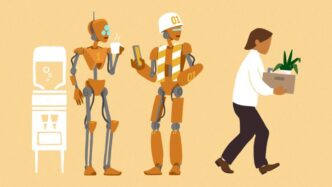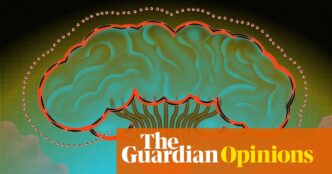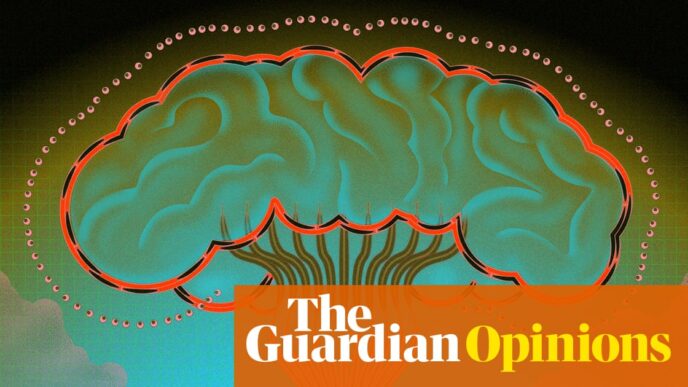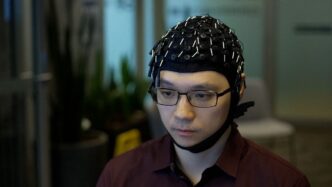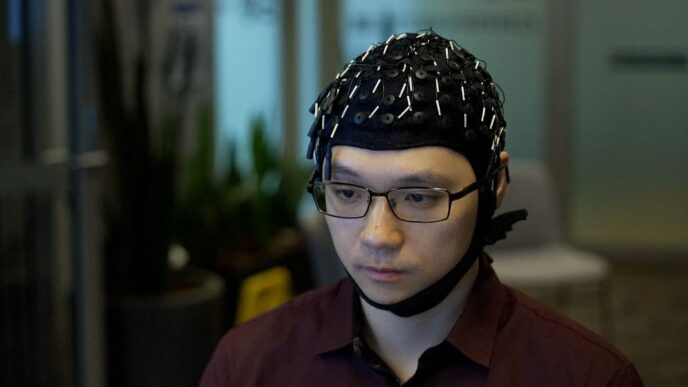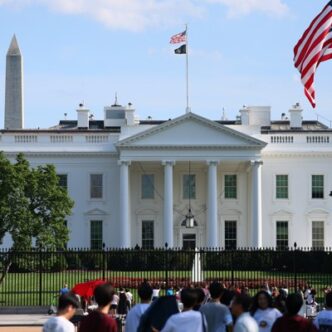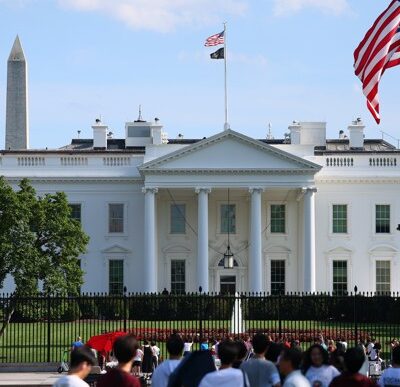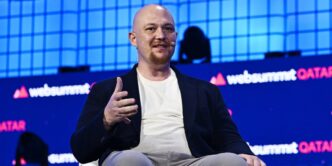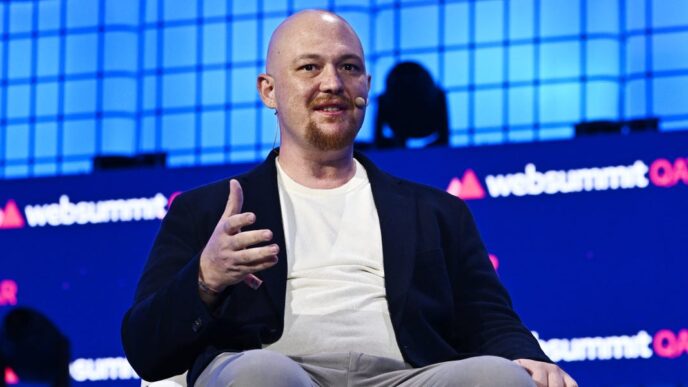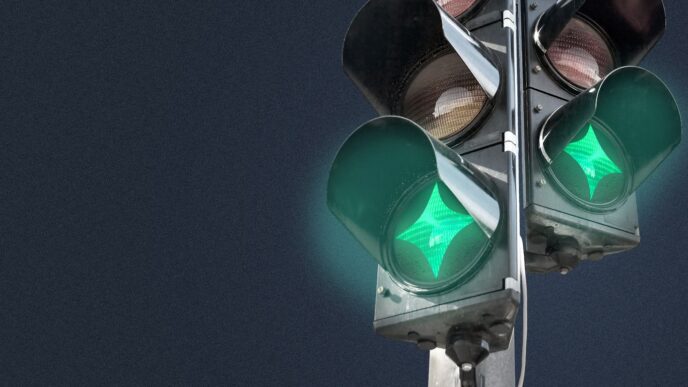Tech giants ramp up AI use, sparking fears of mass job disruptions
Anthropic CEO Dario Amodei warned AI could push white-collar unemployment to 20% in 1-5 years. Meta, Microsoft, Salesforce, and Amazon are already using AI to handle coding and other tasks. CEOs from Amazon to JPMorgan expect shrinking human workforces due to AI.
But several tech insiders urge caution. Nvidia CEO Jensen Huang told CNN AI will kill jobs only if “the world runs out of ideas.” Google DeepMind CEO Demis Hassabis downplayed an AI “jobpocalypse” as a minor concern. Still, hundreds or thousands of tech jobs have been cut this year amid AI adoption.
The consensus: AI will change how work is done — faster than past tech shifts.
More than half of Americans worry about AI’s workplace impact, says a recent Pew survey. But ongoing AI failures, like Elon Musk’s Grok chatbot spouting antisemitic comments and fake AI-generated book lists, raise doubts about near-term robot workforces.
Responsible Innovation Labs executive director Gaurab Bansal:
“I think that there will be some displacement. I think there’ll be new job categories that emerge,”
“I think we’re looking at a complex reshaping, rather than a straightforward elimination.”
“I think we’re entering a decade-ish, maybe more, period of uncertainty.”
OpenAI’s new agent mode for ChatGPT and Anthropic’s independent workday AI models mark a shift to “agentic AI” — systems that handle multi-step tasks without constant user input. Amazon Web Services VP Swami Sivasubramanian said:
“Now, you can give (the AI system) a goal, and it’ll automatically break that down into a sequence of steps that it needs to perform the goal,”
“You suddenly have a reasoning, thinking system that can use various tools, so now the possibilities are really up.”
Amazon used AI to upgrade 30,000 software applications in six months — a task it estimated would take 4,500 developers a year — saving $250 million. Microsoft CEO Satya Nadella says 20-30% of Microsoft’s code is AI-generated. Meta’s Mark Zuckerberg predicts half its code development will come from AI next year. Salesforce CEO Marc Benioff says 30-50% of their work uses AI.
AI is easier to deploy than previous tech because it’s software, not machinery, says former OpenAI researcher Steven Adler. It also upgrades quickly via the cloud.
Meta’s Chief AI Scientist Yann LeCun:
“Most tasks for most jobs can’t be automated.”
Hugging Face’s Yacine Jernite:
“AI is good, but not perfect, for a subset of tasks… but it can’t replace most people outright.”
Companies and governments invest heavily in AI training. NYC is building an AI training academy for teachers. The White House launched a pledge signed by 68 firms to invest in AI education for youth.
Freshworks CEO Dennis Woodside said AI is shifting workers from reactive roles to hands-on client work.
PwC’s AI chief Dan Priest:
“Net-net there should be a positive benefit to jobs growth, it’s just going to be different jobs.”
Jernite worries that fear may drive premature layoffs:
“And people follow that direction, they fire people, and it doesn’t have anything to do with what the technology can or cannot do, but how it’s perceived,”
“Then they rehire those people when they figure out that’s not how you leverage this really wonderful technology in a way that’s responsible and sustainable.”
Adler predicts AI will boost productivity but push wages down due to labor oversupply unless job demand surges.
Bansal calls for a new economic framework and social contract for the AI era:
“The bargain we have between workers and sort of the economy is born of a different technological era.”
Watch Nvidia CEO Jensen Huang discuss AI job impact on CNN’s Fareed Zakaria, GPS:
